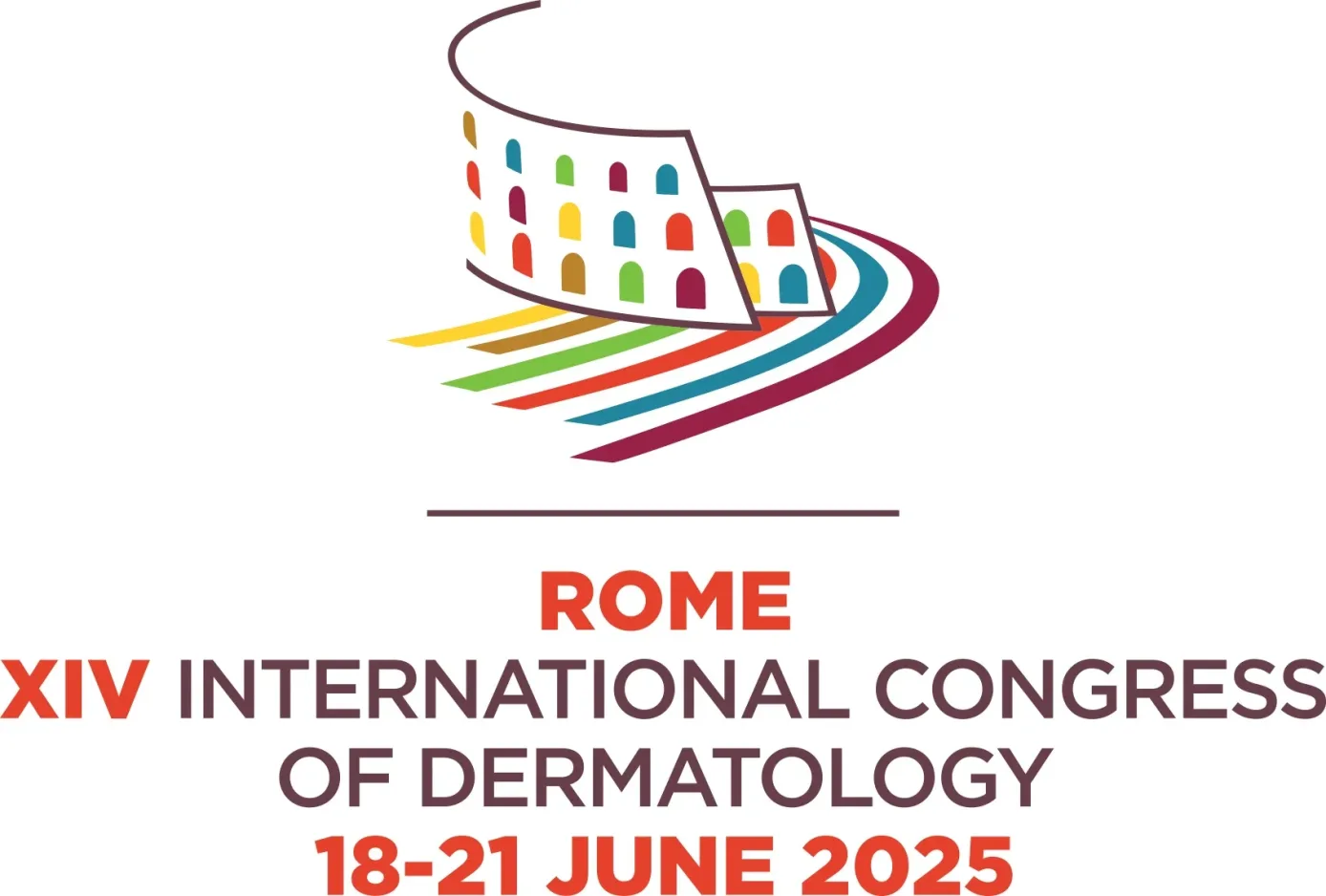Digital tools and innovative technologies are offering individuals valuable health insights and fast access to care. This shift, known as patient consumerisation, is transforming the healthcare and laboratory sectors worldwide.
Thanks to healthcare apps, wearable devices, and access to telemedicine, individuals are no longer just passive recipients of care but are empowered to take control of their health and make more informed decisions. This shift is challenging traditional care models and contributing to a more patient-centred system which prioritises accessibility, personalisation, and efficiency.
As a result, healthcare providers are adapting to meet the demands of a more informed and proactive patient population, making it essential for the sector to embrace these changes to enhance service delivery and improve health outcomes.
The numbers paint a compelling picture, and a McKinsey survey reveals that 58% of healthcare consumers now prefer providers who integrate digital tools like apps, virtual consultations, and online chats. Meanwhile, tech leaders such as Apple, Google, and Amazon are bringing their expertise into the healthcare space, reshaping how services are delivered and accessed.
According to research by SPER Market Research, the MEA wearable medical device market alone will reach US$3.29 billion by 2033, a CAGR of 18.1% between 2024 and 2033. These devices include technologies such as smartwatches, fitness trackers, wearable ECG monitors, insulin pumps and continuous glucose monitoring devices, all designed to collect information about vital signs, physical activity, sleep patterns and blood glucose levels, among others.
The move towards patient consumerisation is particularly relevant in the MENA region, where patient-centric innovations are addressing systemic challenges. Saudi Arabia, for example, has embraced technologies like telehealth and virtual care through platforms like Mawid and Tabaud. These solutions are not only improving patient outcomes but also alleviating pressure on healthcare systems.
The Ministry of Health in Saudi also offers free teleconsultation services to the entire population, and since the introduction of Vision 2030, AI usage has risen in Saudi Arabia, which has shown the most effective results in diagnostic radiology as well as personalised health plans in precision medicine.
By enabling individuals to take ownership of their health, the healthcare system is transitioning from a reactive model to one that prioritises prevention and a proactive approach.
By Tom Coleman, Group Exhibition Director, Informa Markets Healthcare
The rise of consumerisation presents an opportunity for traditional healthcare providers to reinvent their services. According to PwC’s Strategy Report, institutions like insurers, clinics, and hospitals must adapt by integrating digital tools into their offerings. Those that fail to evolve risk being left behind in a landscape increasingly dominated by patient-driven demands for convenience and personalisation.
Also Read : AI’s Dual Frontier: Transforming Healthcare And Revolutionizing Business
This transformation is not just about technology; it’s about rethinking the entire patient-provider relationship. By enabling individuals to take ownership of their health, the healthcare system is transitioning from a reactive model to one that prioritises prevention and a proactive approach.
Patient consumerisation is more than a trend; it is bringing about a complete shift in the industry, providing patients with a sense of autonomy and offering the potential to boost reliability and loyalty and generate more revenue for service providers.
By placing individuals at the heart of care, we are forging a new path for healthcare, where technology and personalisation meet to deliver better outcomes. As this vision takes shape, platforms such as Medlab Middle East 2025 will be instrumental in ensuring that innovation serves its ultimate purpose – empowering patients and improving lives.





















